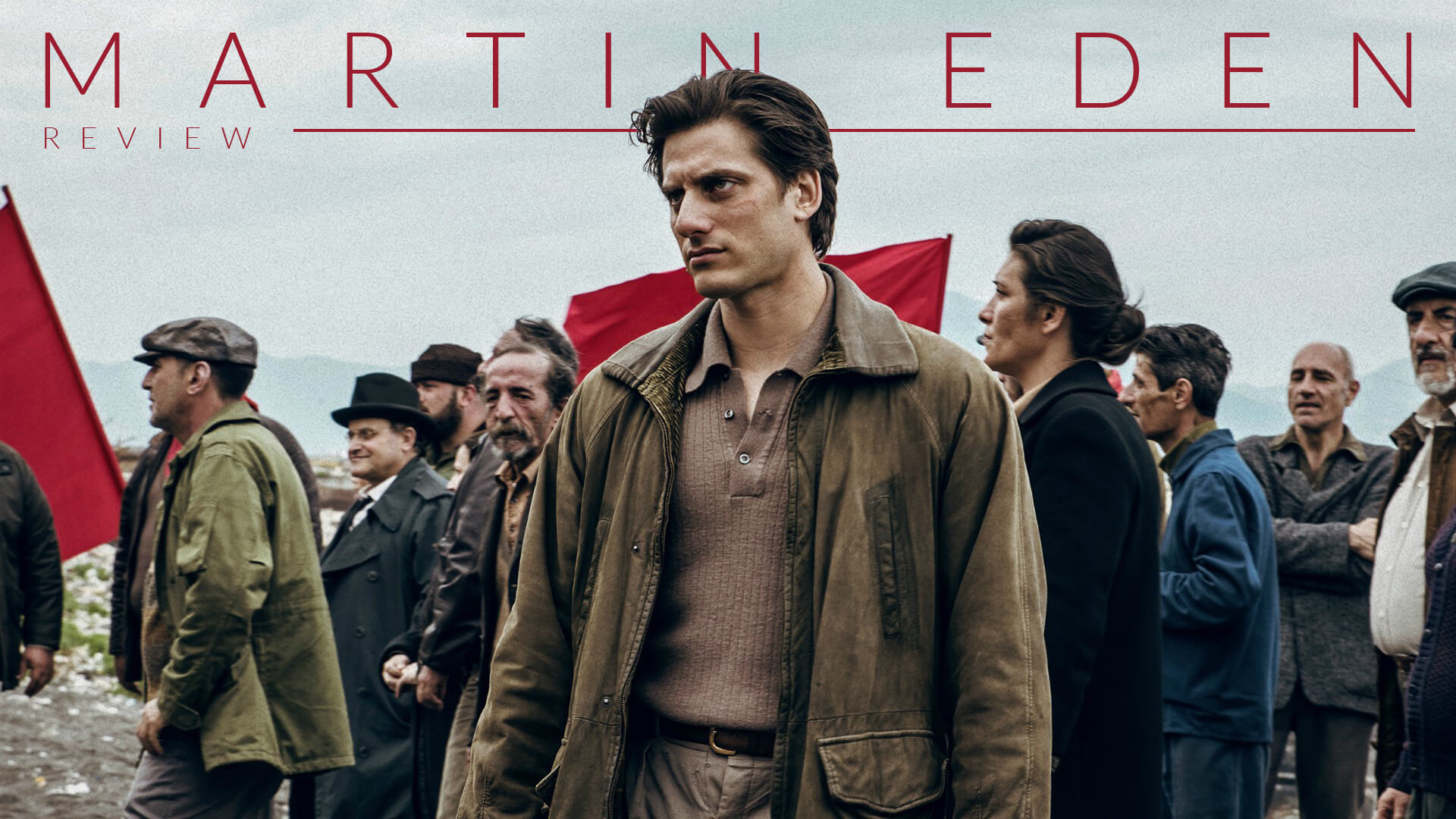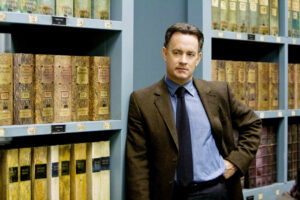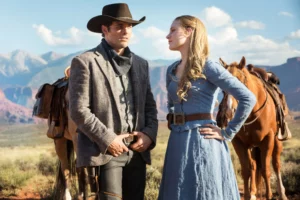In competition at Venice 76 Official Selection, Pietro Marcello’s new movie “Martin Eden” enchants, conquers and educates, between documentary stills of Naples’ historical reality and a breathtaking performance by lead actor Luca Marinelli.
Title
“Martin Eden”
Behind and in Front of the Camera
The story of young proletarian Martin Eden is directed by Italian filmmaker Pietro Marcello, critically acclaimed and rewarded for his early documentaries, above all “Mouth of the Wolf” (2009). “Martin Eden” is his second long feature film and the first to be selected in competition for Venice International Film Festival.
In front of the camera, the presence and performance of a few extraordinary actors sticks out, first and foremost Luca Marinelli’s, with his terrifyingly credible Neapolitan accent and dialect: he speaks with his eyes, with his walk, with his silences, creating an uncanny level of empathy with spectators that’s rarely seen in today’s cinema. Alongside him, stage actor Carlo Cecchi, who plays old socialist writer Russ Brissenden, and first comes on screen Jessica Cressy and Denise Sardisco, in the roles of Martin’s love interest and Martin’s wife, respectively.
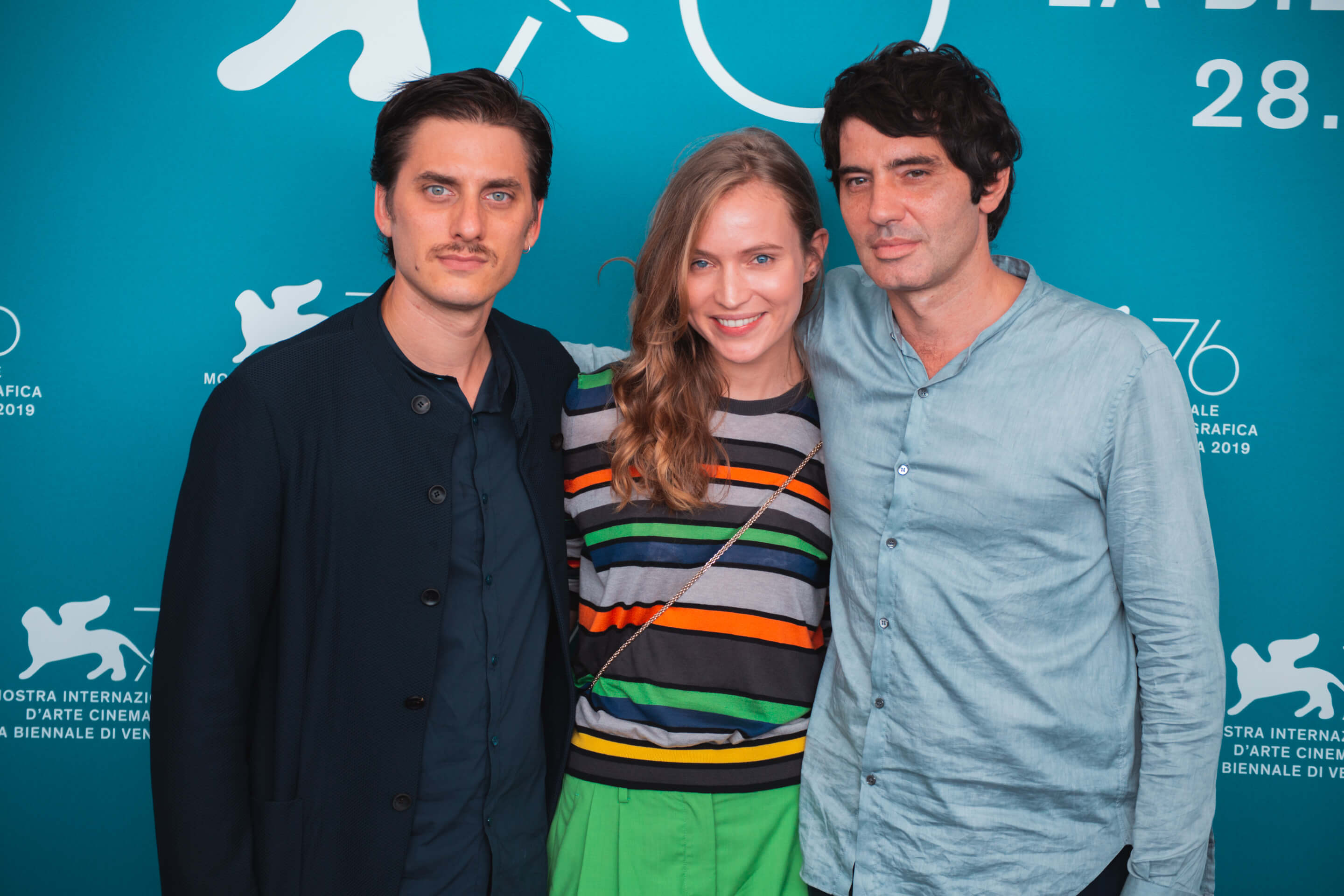
Who’s Got the Typewriter
The script, loosely based on Jack London’s 1909 novel of the same name, was written by both Marcello and screenwriter, writer and journalist Maurizio Braucci, best known for his work on Matteo Garrone’s “Gomorra” and “Reality” and, most recently, Claudio Giovannesi’s “Piranhas.” Director Marcello and him reshaped Jack London’s American setting and atmosphere, making them their own, or rather Italians’ own, rebuilding a Twentieth century Italy, with a special focus on the city of Naples, whose historical events alternate with Martin Eden’s fictional life experience in a series of black and white and sepia clips from Marcello’s own archival footage.
What to Know (ABSOLUTELY NO SPOILERS)
Martin Eden (Luca Marinelli) is a young Neapolitan sailor, an individualist, as he defines himself, in terms of political beliefs, who’s got no more than a fifth-grade education the day he meets beautiful bourgeois university student Elena Orsini (Jessica Cressy). This is the encounter that will radically change his life, that will make him strive very hard to get a complete education, improve his grammar, learn to be one of them, one of the upper-class; that’s the encounter that will make him realize he can be nothing but a writer in his life, and that will lead him to forge strong and significant bonds with socialist writer Ruth Brissenden, who will turn out to be the best mentor he could have ever aimed at.

What You’ll Need
Interestingly enough, what you don’t need is a preliminary knowledge of Jack London and his novel: the movie’s just a loose adaptation of it, London’s Mr. Eden is reshaped on an Italian basis, resulting in a blending of the of the director’s, screenwriter’s and lead actor’s creative contribution. What you might need, is a basic knowledge (or quick freshener) of Italy’s social and political history, so that it can be easier for you to understand some particularly intense dialogues and monologues.
What They Say
Luca Marinelli (Martin Eden): “Martin was a negative hero to London; he was an anarchic individualist with a socialist basis, but to me Martin is just a human being; if we put politics aside, we realize that there’s a background sensitivity to guide him in his actions, it is emotion that leads him to his adventures, he’s an adventurer, as Jack London himself was, and this is the side of him on which I focused when I acted.”
Carlo Cecchi (Russ Brissenden): “I mainly work in the theatre, and my archetypical model has always been Hamlet there; I feel like an immigrant in the land of cinema, but luckily the most interesting characters I’ve played have always had some sort of Hamletic development, and my character in this movie does have it, too: I play an extravagant, anarchic intellectual, who’s not all the way anarchic anyway, but always crossed by some level of negativity.”
Pietro Marcello (director and screenwriter): “We had a lot of fun on set, rewriting the script a thousand times; plus, the adaptation of the novel to Naples’s history and locations allowed us to change the dialogues a lot, too; we worked on the script all together and without following any specific rules, because screenwriting is no exact science: cinema is the transposition of writing, so you work on the unexpected and on the unpredictable.”
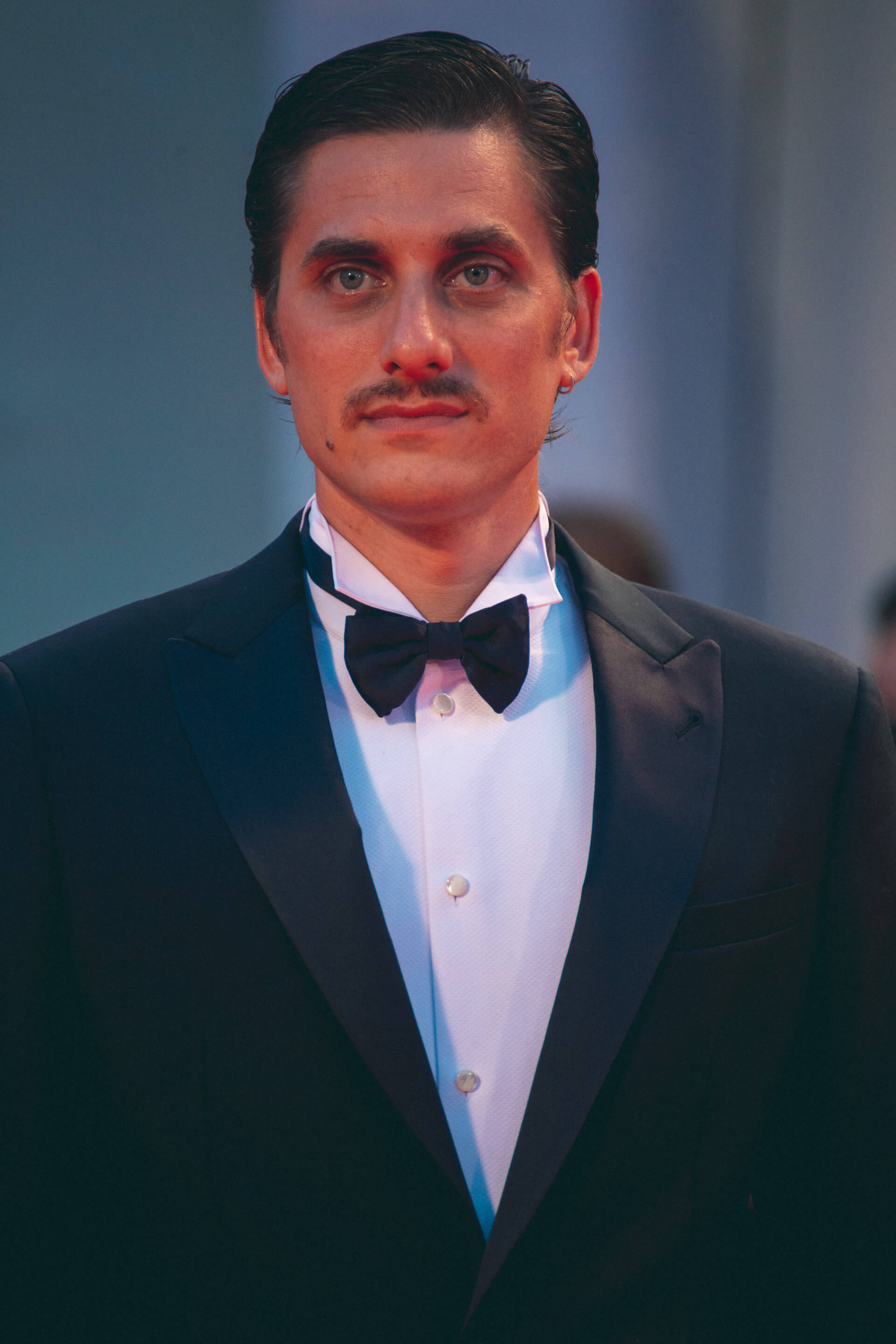
“…cinema is the transposition of writing, so you work on the unexpected and on the unpredictable”
“…he was an anarchic individualist with a socialist basis, but to me Martin is just a human being.”
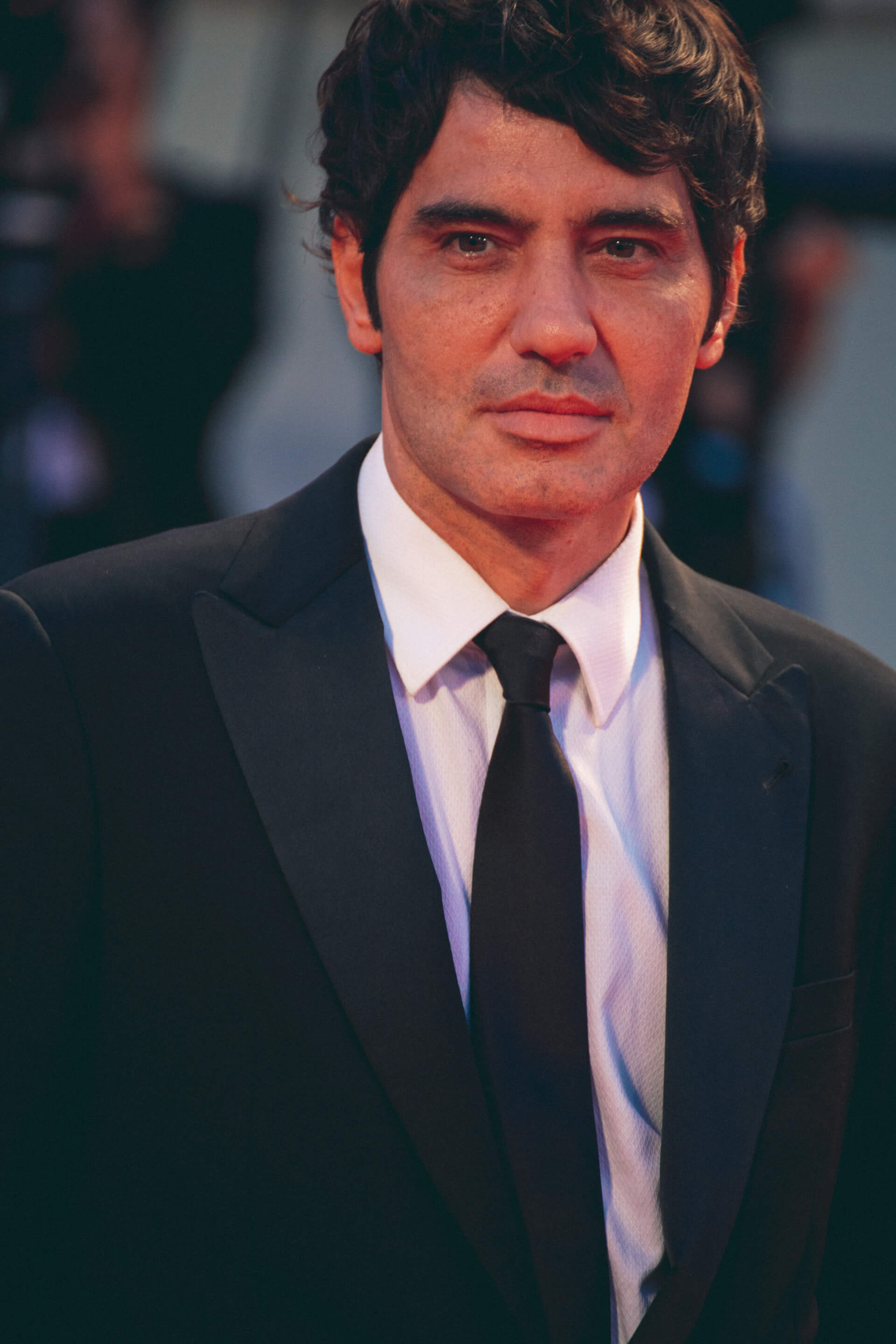
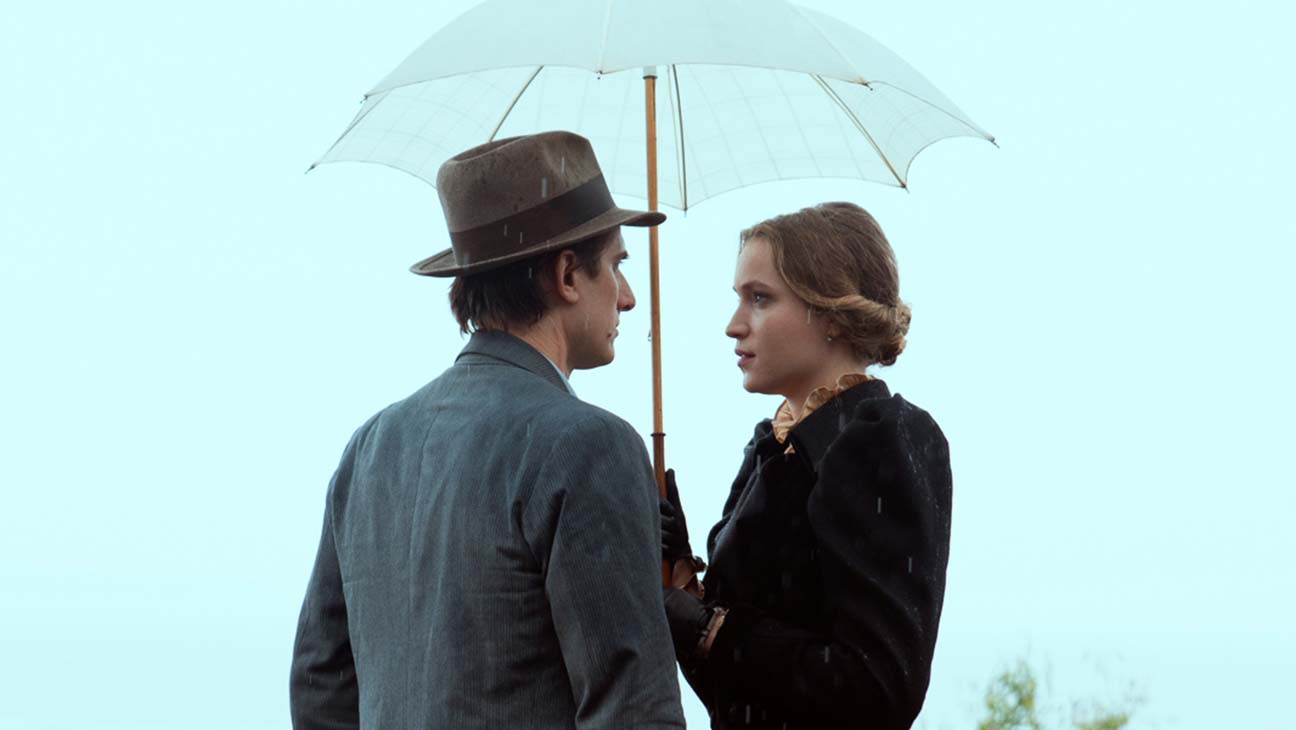
One Last Thing…
The power and narrative role of music in this movie is not be underestimated: the contrast between sounds and events, with the alternate tones of percussions and strings, is part of the movie’s development, not only contributing to create the moods, but also shaping the moments of the story, talking as much as the characters, with sounds becoming as touching as words.
Red Carpet Photos by Johnny Carrano.

